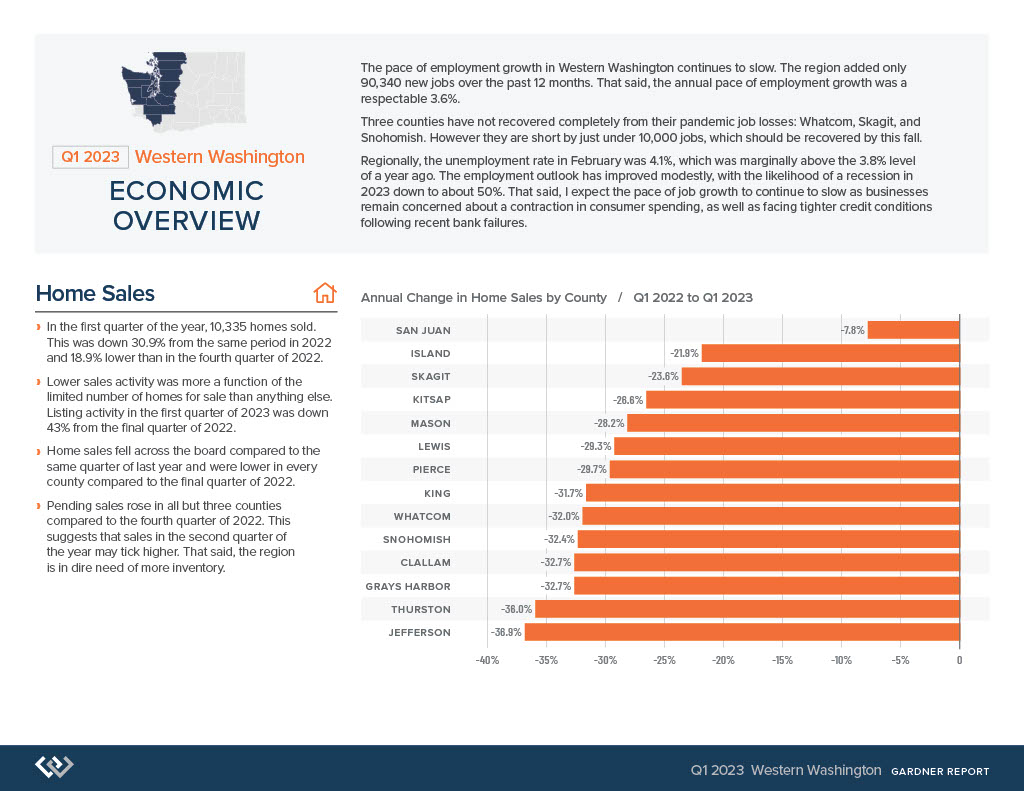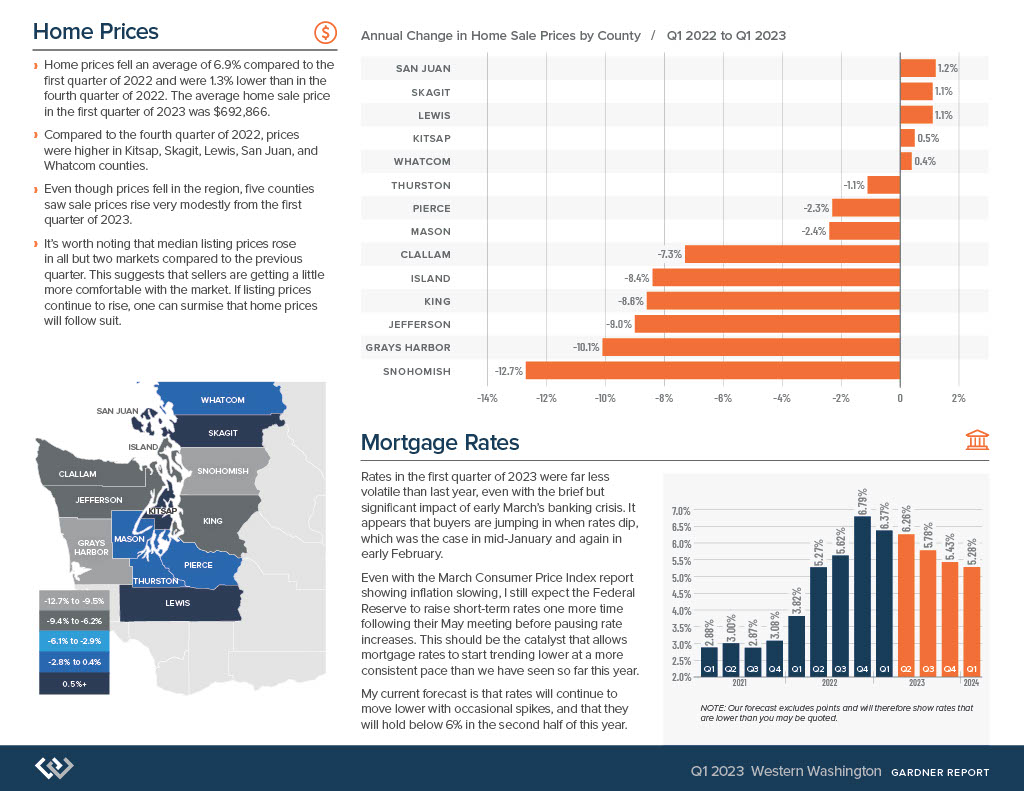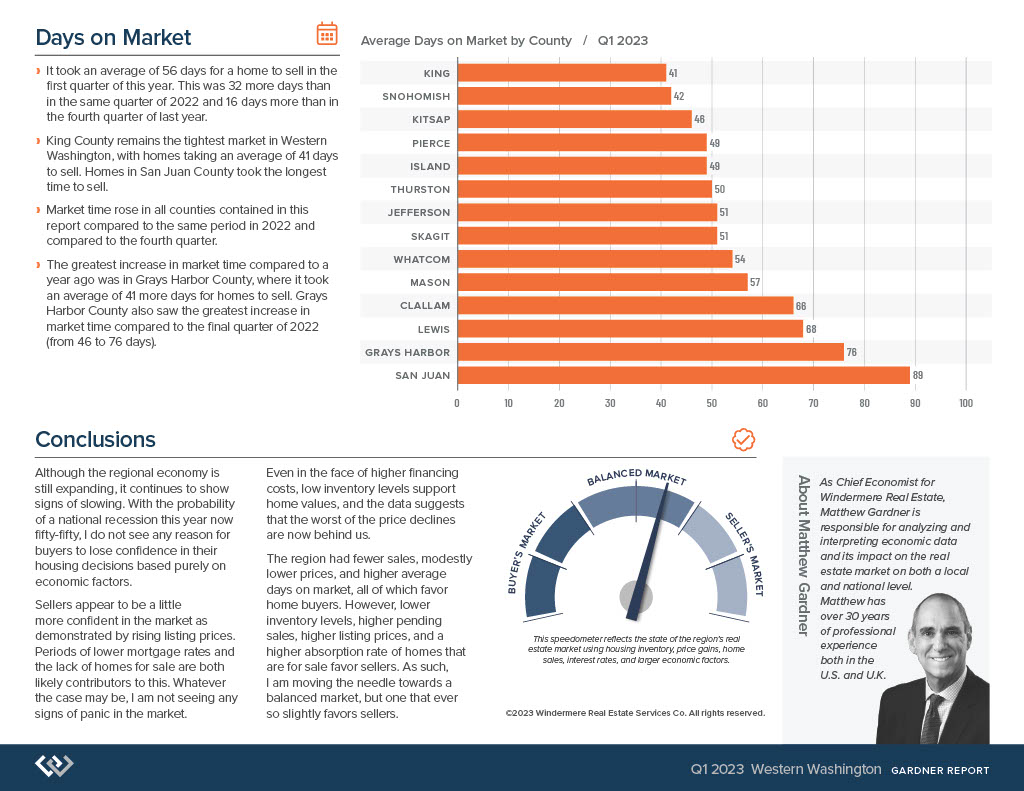Real Estate 101

Location, location, location:
Costs and Financing:
Types of Real Estate:
When and How to Ask for Help:
Title Insurance: Protecting Your Property Investment

When you purchase a home, you receive a deed to the property which typically means you have full ownership. Unfortunately, sometimes mistakes happen where hidden inaccuracies in previous deeds, mortgages, and easements might leave someone else with a claim to your property. Title insurance is a type of insurance policy designed to protect property owners from financial loss due to title defects, liens, or other issues with a property’s title. Title insurance provides peace of mind to homeowners and lenders alike, ensuring that their investment in the property is secure. In this blog, we will look at who is covered by title insurance and what risks are covered.
Who is Covered by Title Insurance?
Title insurance typically covers both the property owner and the lender. The policies can be separate policies so always check with your insurer regarding who and what is covered. The policy holder can be either an individual or a corporation, and the insurance covers their financial interest in the property. For homeowners, title insurance provides protection against any challenges to their ownership of the property, such as disputes over ownership, missing heirs, forgeries, or encumbrances that were not disclosed during the sale. For lenders, title insurance protects their investment in the property and ensures that their loan is secured by a valid title.
What Risks are Covered by Title Insurance?
Title insurance covers a wide range of risks, including but not limited to:
- Title defects: This refers to any challenges to the property’s title, such as disputes over ownership, missing heirs, forgeries, or encumbrances that were not disclosed during the sale. Title insurance protects the policy holder against these title defects and provides the necessary financial support to resolve any issues.
- Liens: Liens refer to claims or encumbrances against a property, such as mortgage loans, taxes owed, or judgements against the property owner. Title insurance provides coverage against any liens that exist and protects the policy holder’s financial interest in the property.
- Fraud: Fraudulent activities such as forgeries or false impersonation can pose a threat to a property’s title. Title insurance provides protection against any fraudulent activities that may affect the property’s title.
In conclusion, title insurance is an important investment for property owners and lenders. It provides peace of mind by ensuring that the property’s title is secure and that any issues with the title can be resolved without incurring significant financial losses. Whether you are a homeowner or a lender, title insurance is an investment worth considering.
If you are preparing to purchase a home and need help connecting with a lender or would like help answering your questions while preparing to buy please don’t hesitate to give us a call at 360.675.5953.
Pier at Cranberry Lake

Deception Pass State Park is packed with a plethora of things to do year-round. From hiking trails, camping, swimming, kayaking, even the occasional events held at the amphitheater, but unbeknownst to those rushing by to make a big splash in the designated swimming area there is a quaint pier surrounded by reeds on the other side of Cranberry Lake. From this dock discover fishermen of all ages scattered along the edges of the pier. Each has their own techniques for catching a stocked Rainbow or Brown Trout, or a resident Largemouth Bass or Yellow Perch. It is a great place for beginners and expert anglers alike!
Check out the rest of Whidbey’s beautiful destinations from this series here.
View this post on Instagram

 Facebook
Facebook
 X
X
 Pinterest
Pinterest
 Copy Link
Copy Link











